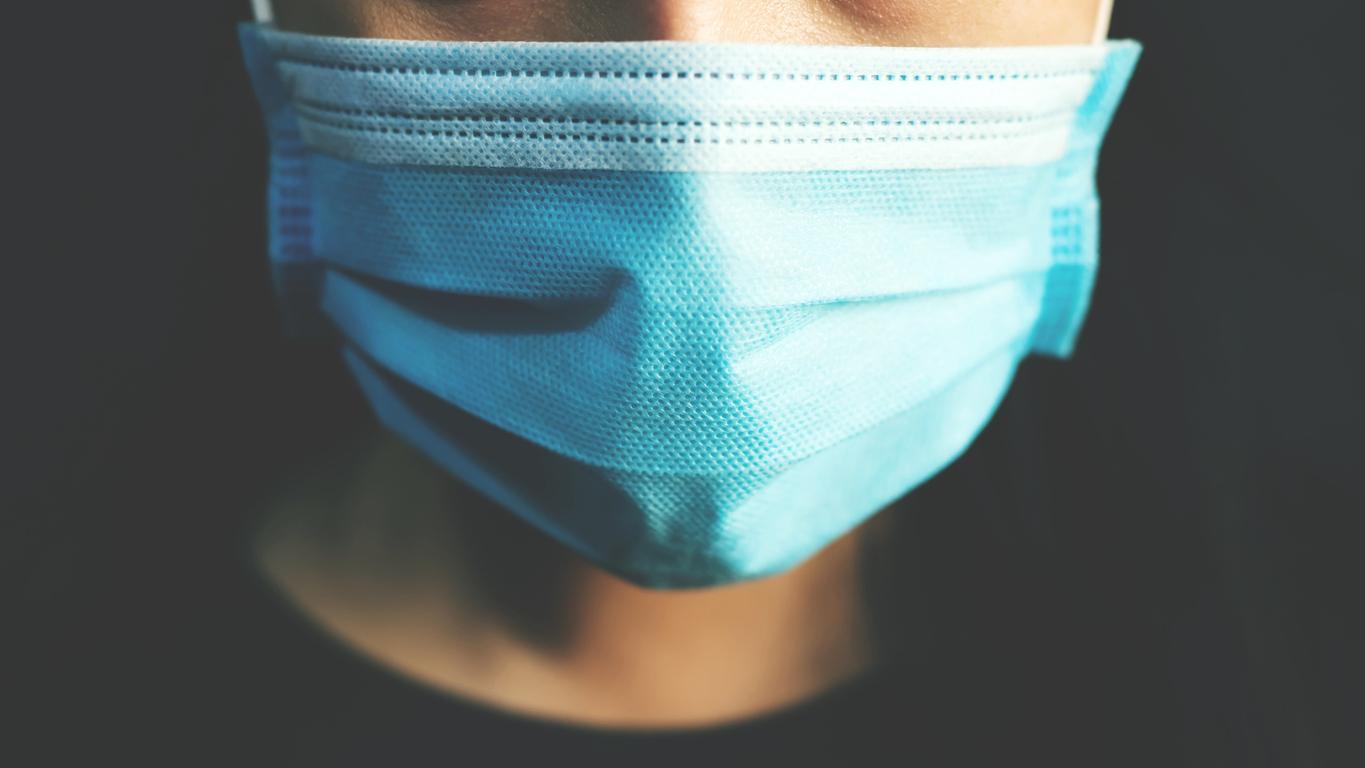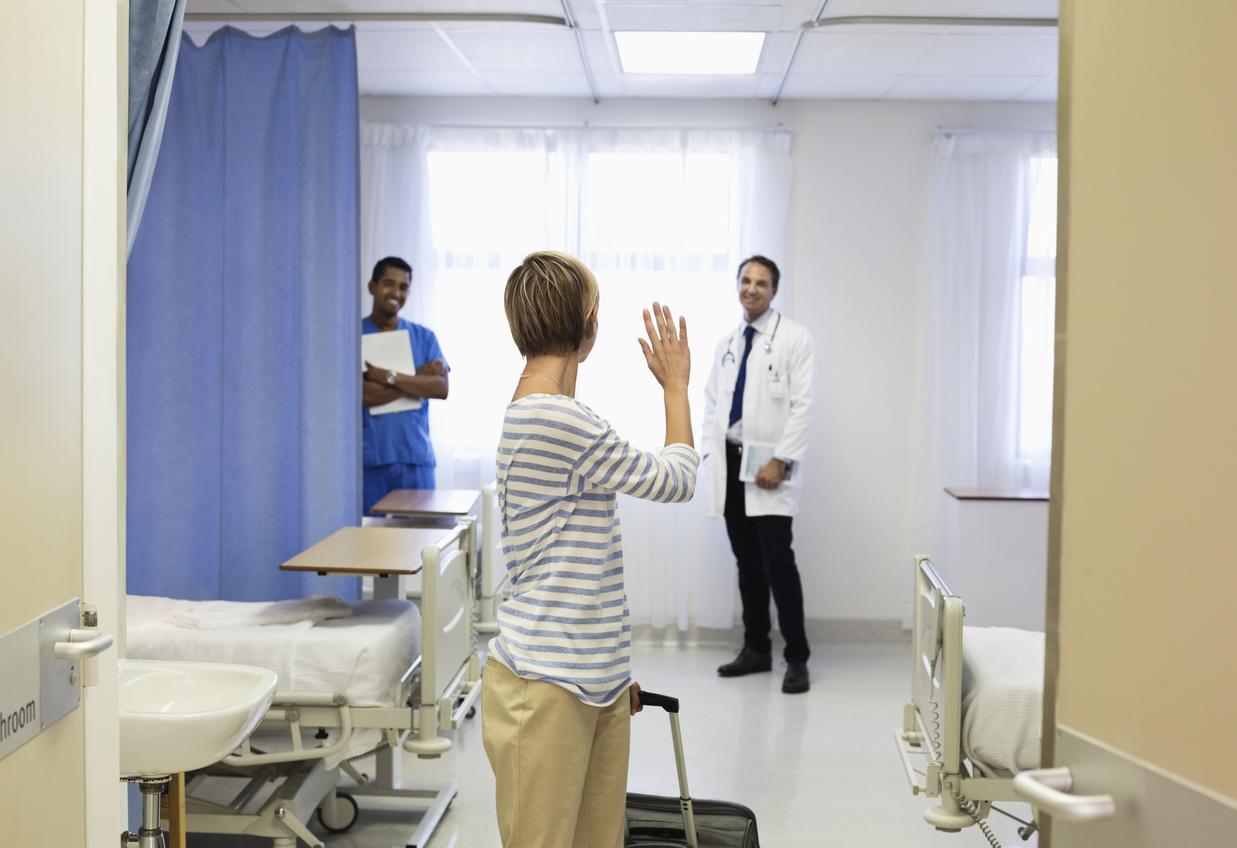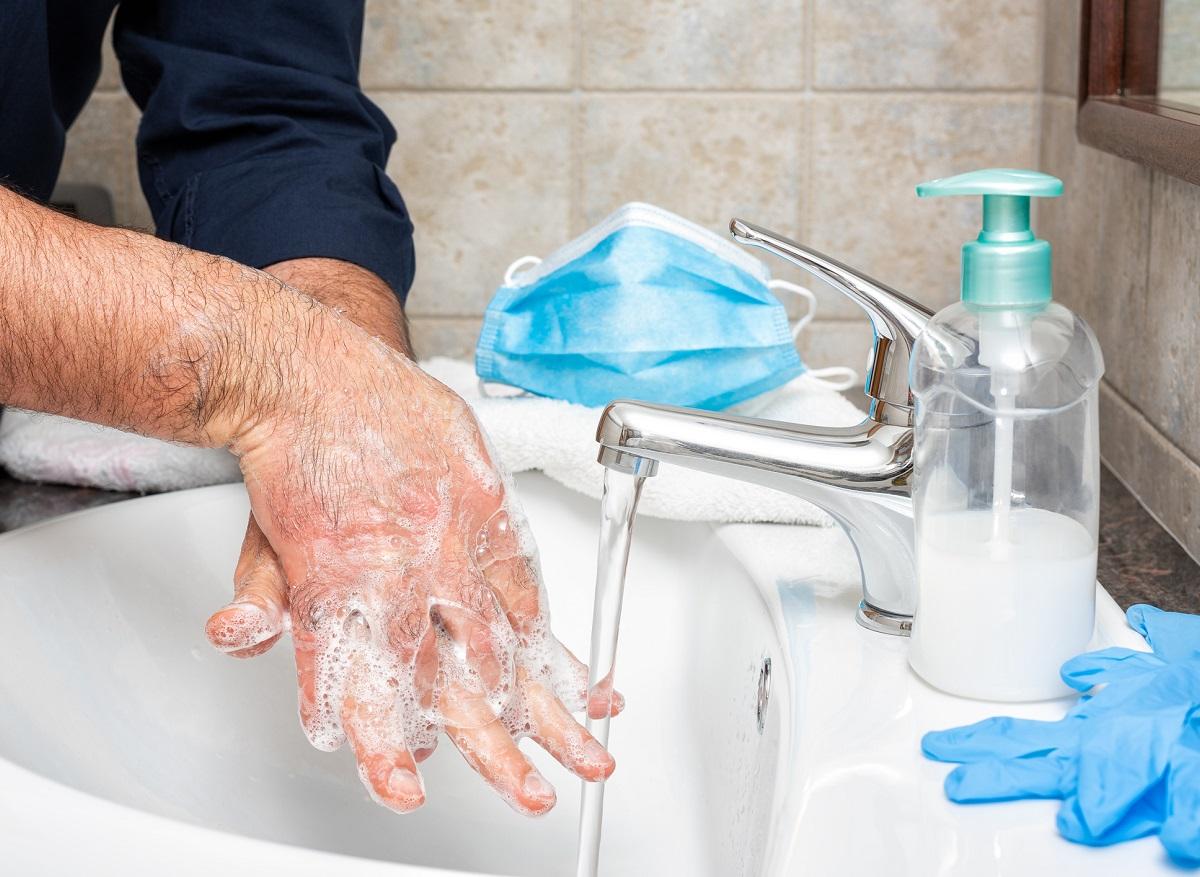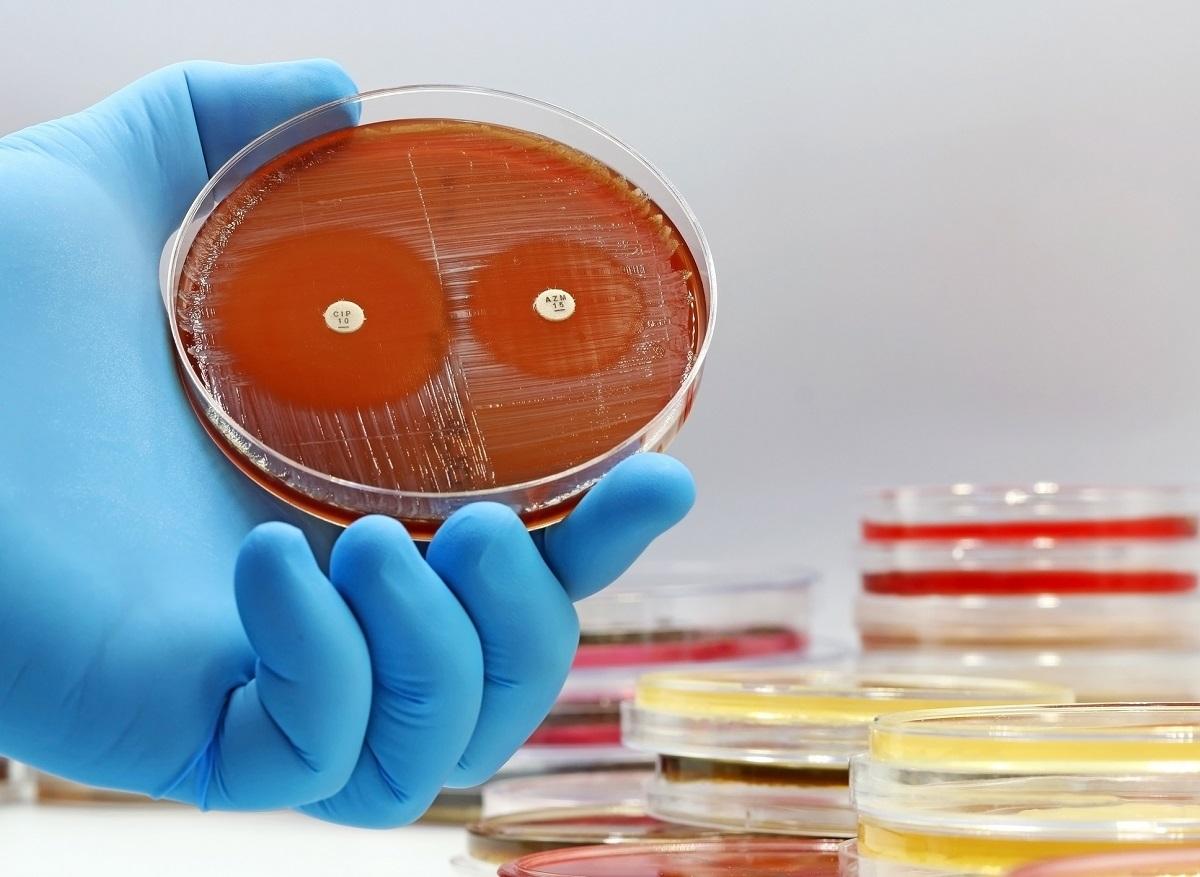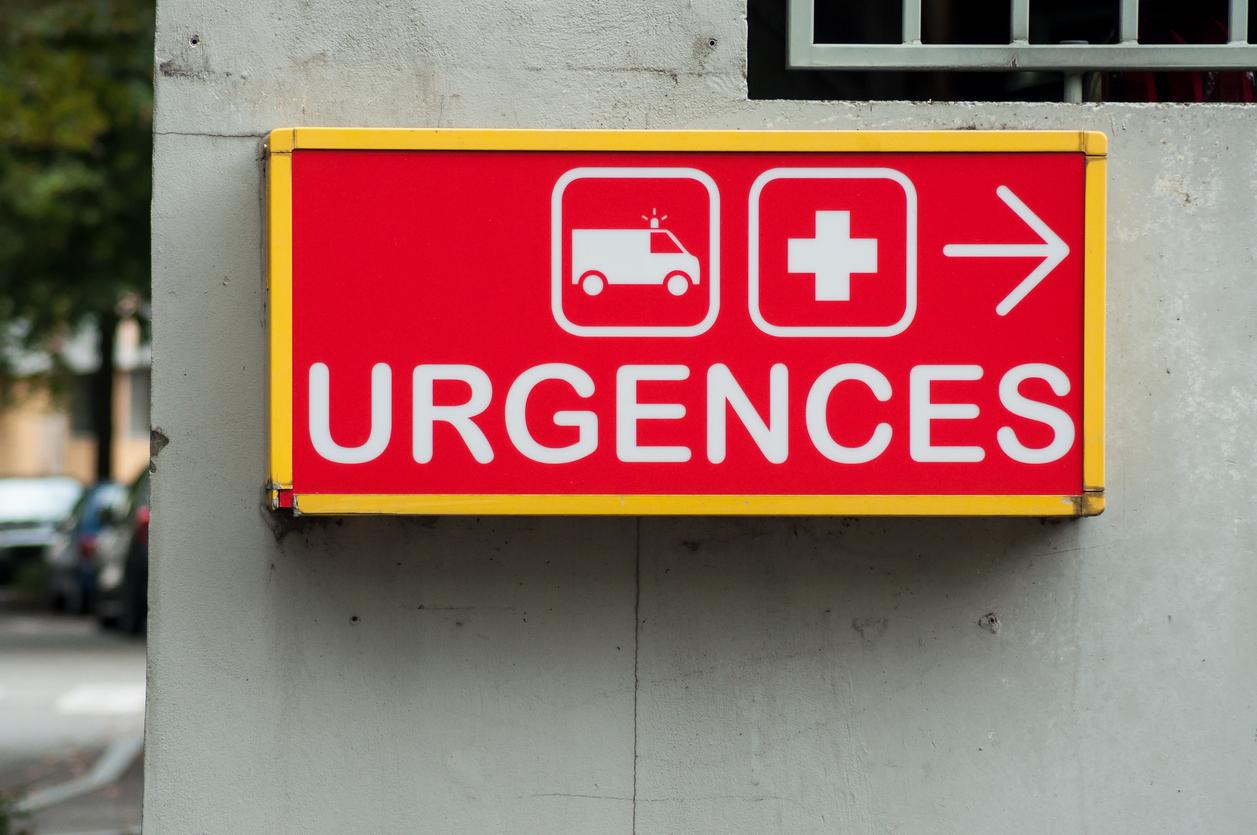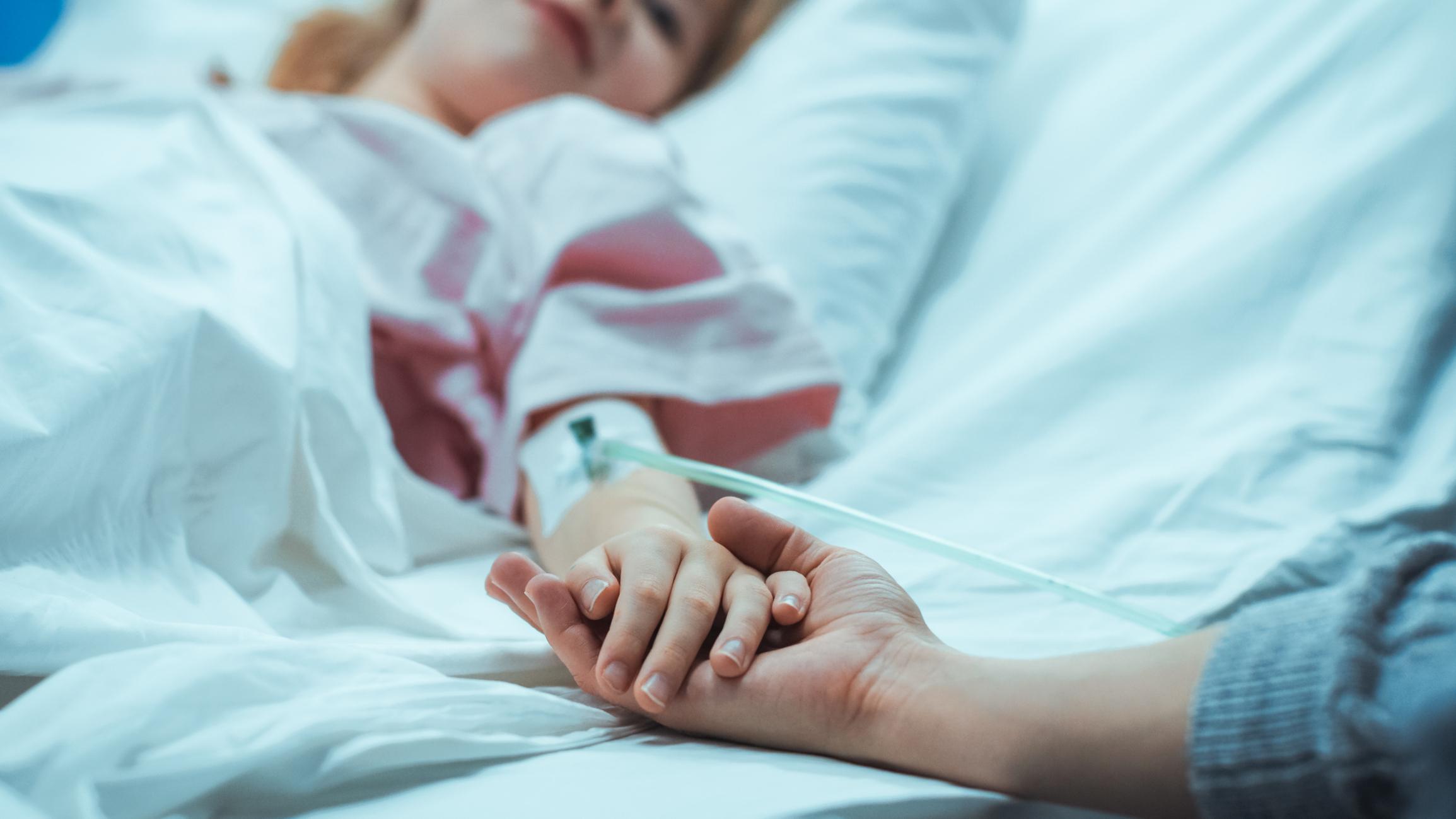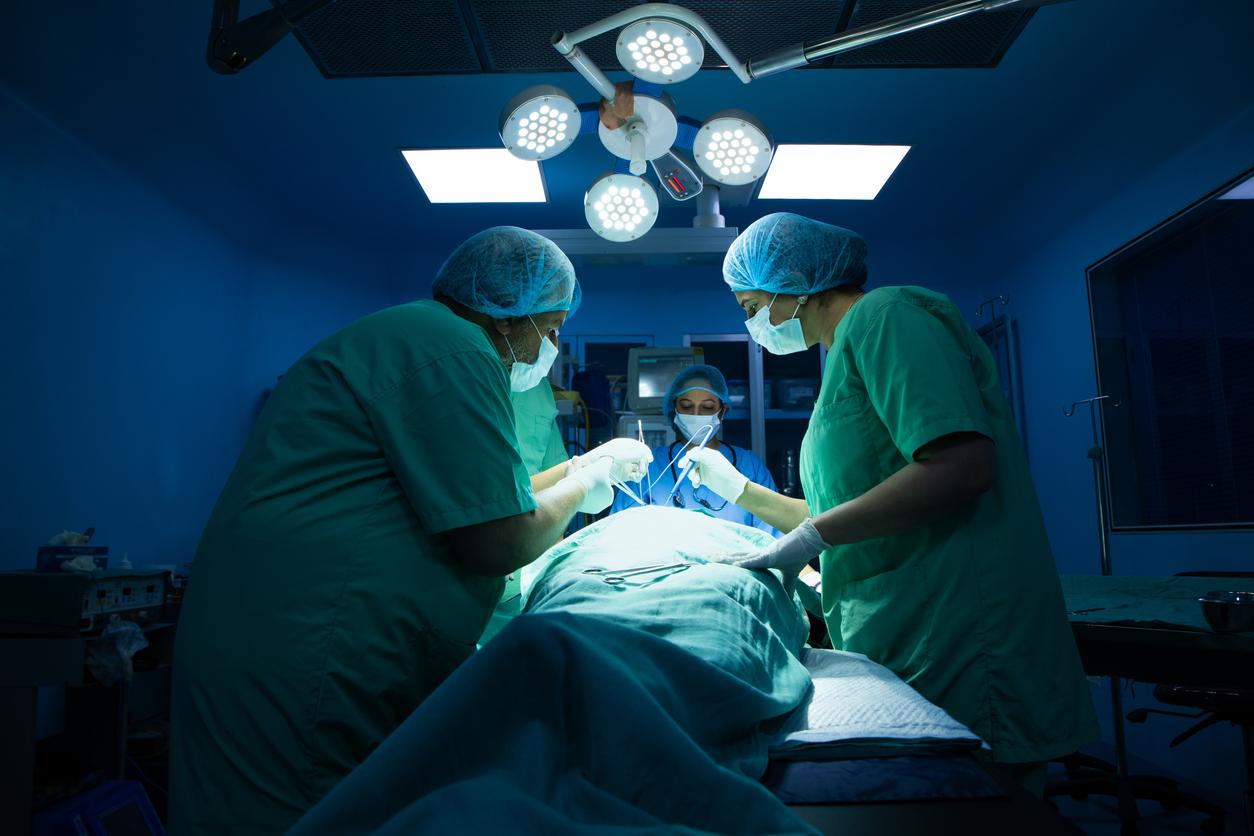Washing your hands is a trivial gesture (or one that should be …). But here we are not doing enough! Including health professionals; and this can have serious consequences for the health of patients
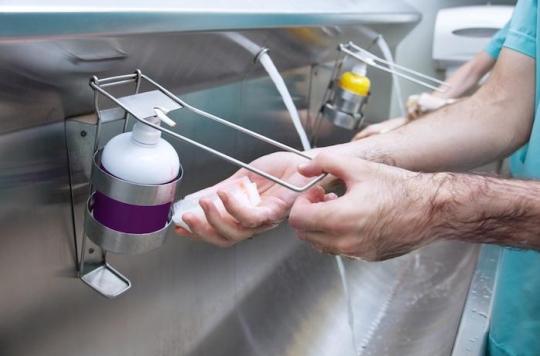
This is not a fantasy. We die more “in the hospital” than “in the car, from what we call“ nosocomial infections ”. This is about 4000 patient deaths per year compared to about 3500 car deaths.
And among the causes, the dubious hands of some health workers bear a great deal of responsibility. There are ways to make things really improve, and there are even technical solutions, sometimes surprising. Update with Dr Yann Le Douarin
It is one of the tragedies of hospitals: it happens that instead of curing us, they make us sick …
YLD: If we have to judge by the figures, the answer is undoubtedly yes, because nearly 1 in 20 patients leave with an infection, which they did not have when they entered a medical environment. More seriously, these infections kill more than road accidents every year.
Before trying to understand why, we must clarify the weight: we do not enter a clinic or a hospital as we take the weekend road. We must not forget the disease and the tens of thousands of lives saved each year in our hospitals.
Hygiene problems start with the hands
YLD: The hands are our main instrument of contact, to handle patients but also all the objects that we inject, that we put like probes or catheters. They must therefore be spotlessly clean. The solution, Pasteur began to apply, 100 years ago. And his fight for clean hands, because he was the first to understand the value of it, has not been totally won since official recommendations still put this washing at the forefront today.
What problems can this pose? What do we catch as a disease?
YLD: This is what we call, you have already heard this incomprehensible name a thousand times, nosocomial infections. These are diseases caused by germs that can only be caught in the hospital. You enter without these microbes, you leave with and the serious infections they cause, because nature, which unfortunately goes faster than medical research, creates microbes which, used to fighting in the hospital, have become resistant to most antibiotics.
The contamination is done first by the hospital staff who, of course, enter the room with their competence but also sometimes with the miasma of the neighbor.
As information is not enough, in some establishments, we are now going to police nursing staff?
YLD: Yes, it’s happening in the United States where the official figure of deaths from these infections is 90,000 per year. To enforce this washing could save thousands of lives and billions of dollars, an IBM subsidiary has just presented a model of radio-identification chip capable of monitoring the behavior of caregivers.
What is this experiment?
YLD: The installation of the device is very simple. To test the product’s effectiveness, IBM outfitted two floors of an Ohio hospital with an array of 100 sensors in hallways, doors, and handwashing stations. All the doctors and nurses have been equipped with a chip, allowing the network to follow their movements around the hospital. As a result, if a hospital worker enters a patient’s room without first washing their hands, the professional’s fault will be transmitted directly to the central server.
At the end of the day, this same central server performs a “compliance report.” ”Which in fact indicates the average level of respect for hygiene instructions for each health professional according to his position. Initial results show that only half of healthcare professionals wash their hands properly.
Do we know the rate of hand washing in our country?
YLD: We said 80%, but it was declarative. Among doctors, supposed to set an example, indiscreet but malicious observers noted that when they left the toilets of a major medical congress, only 20% of men and 30% of women had used soap to restore their health. work tool – the hand – the required cleanliness!
.










